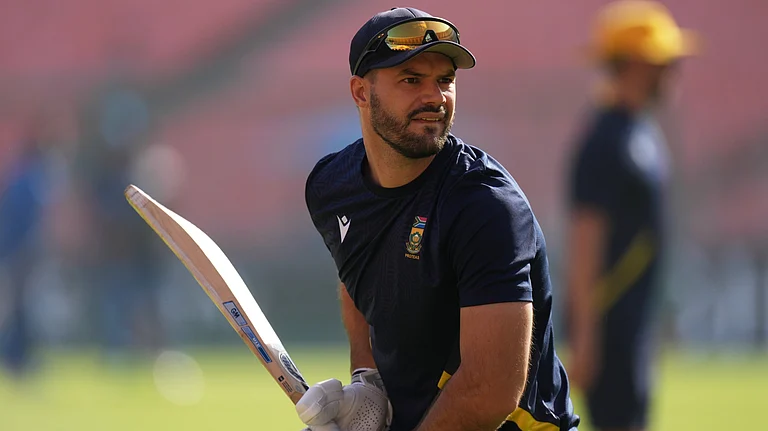The Supreme Court on Monday said that there was no reason to question the government on the moves being made to reintroduce cheetahs in India.
The Apex Court’s remark came after a petition on the death of nine cheetahs this year in the Kuno National Park.
The nine cheetahs that have died at the national park in Madhya Pradesh include three cubs.
In September last year, the national park had seen the reintroduction of 20 adult cheetahs brought from Namibia and South Africa.
Four cubs had been born there since then.
Cheetahs were brought to the park as part of a reintroduction project after the species was declared extinct from the country in 1952.
This is the first year since the cheetahs have been translocated (from Namibia and South Africa in September 2022 and February this year respectively), the government said, adding that continuous work is going on regarding the weather conditions here and its effects.
Under the project cheetah, a total of 20 radio-collared animals were imported from Namibia and South Africa to the Kuno National Park.
To add to the number, four cubs were born from Namibian cheetah 'Jwala'. Out of these 24 feline, eight including three cubs have died. Some cheetahs were reported to have developed infections due to radio collars.
While 14 cheetahs -- seven males, six females and one female cub -- are kept in the bomas in Kuno, a female cheetah is out in the open and is being intensively monitored by a team.
Earlier, the Supreme Court had on May 18 expressed serious concern over the cheetah deaths and asked the Centre to rise above politics and consider shifting the animals, which became extinct in the country in 1947-48, to Rajasthan.
Citing reports of experts and articles, the court had told the government that it appeared that KNP is not sufficient to accommodate such a large number of cheetahs and the Union Government may consider shifting the animals to other sanctuaries.
"There is a lot of preparation. Every year there will be 12-14 new cheetahs brought in. There are problems but nothing alarming," the government told the court.


























